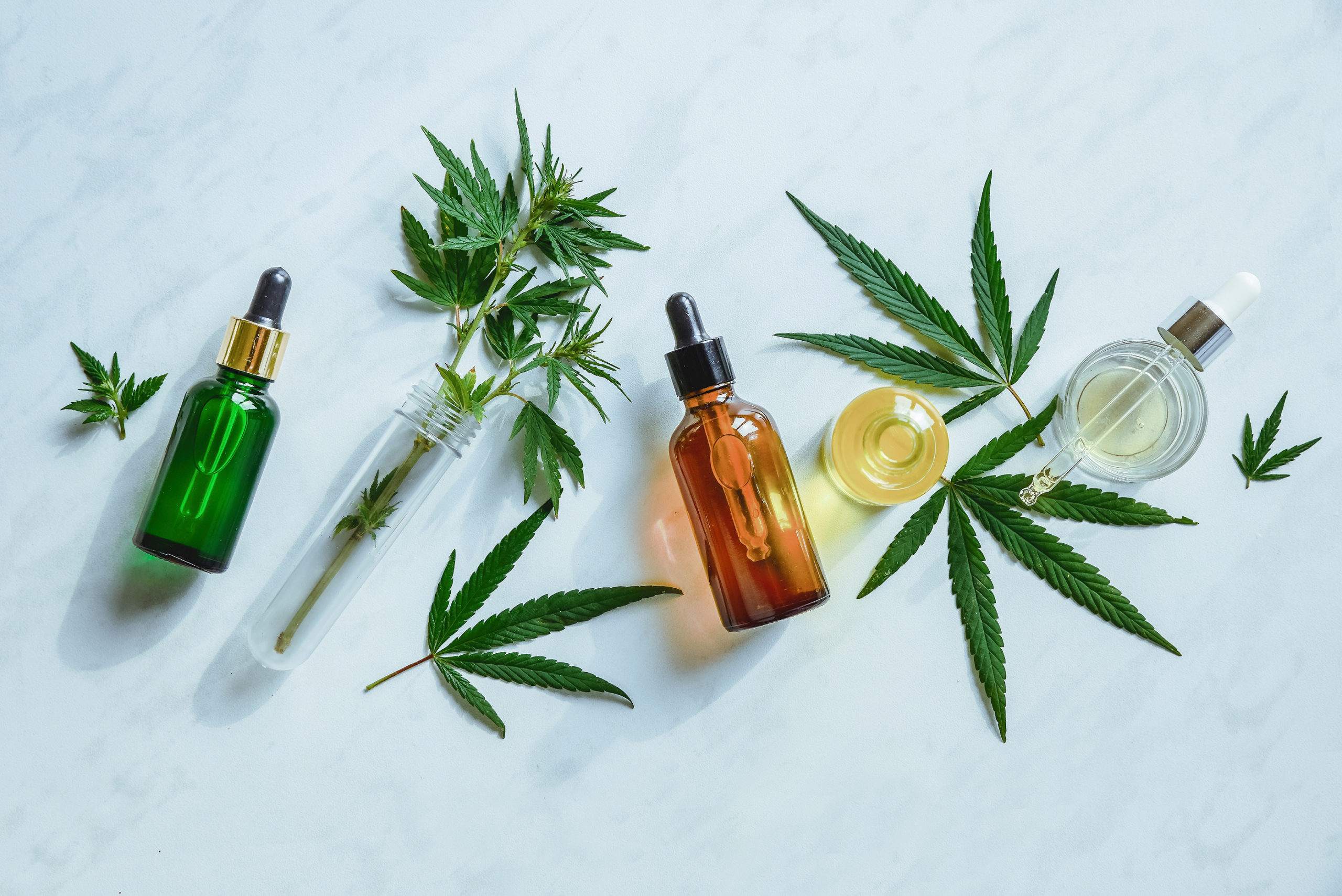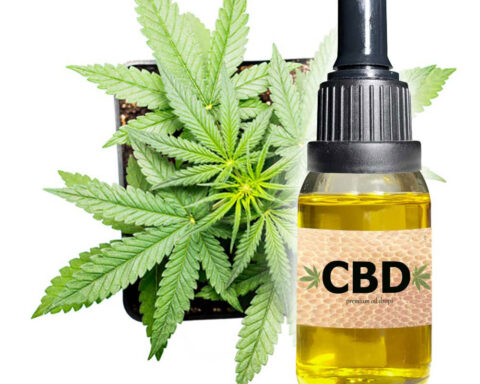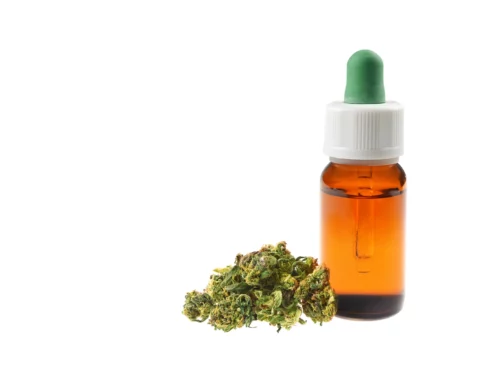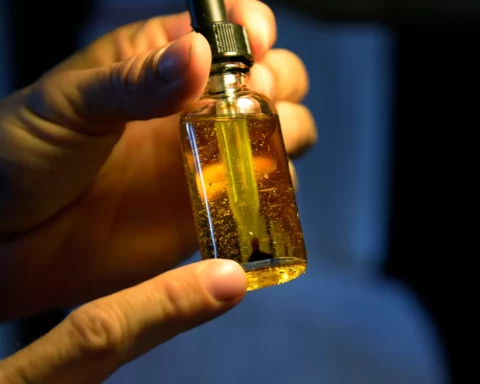You might wonder what to expect if you haven’t tasted CBD oil. The fact is not every CBD oil taste the same. The article explains how CBD oil tastes by providing details about how carrier oil, terpenes, CBD types, cooking with CBD oil, and added flavors alter the taste of CBD oil.
During these Covid -19 pandemic periods, the world is full of stressful life, and many people are looking for something that could calm their nerves and relax.CBD oil is one of the famous choices for many to serve that purpose. While the masses become more interested in the oil’s health benefits, the unpleasant and earthly taste may chase many people. They infuse oily flavor tastes into foods and drinks so that the deliciousness of the food can cover the undesired taste. Various factors can alter the taste of CBD oil, starting from CBD concentration and type to infused carrier oil.
WHAT IS CBD OIL, AND HOW DOES IT TASTE LIKE
Newton et al. (2020) stated that CBD oil is a form of CBD product created by extracting CBD compounds from the cannabis sativa plant and diluting the compounds with carrier oil such as coconut, olive, and hemp seed oil. It is mostly extracted from the hemp plant since the plant has a high concentration of CBDS compounds. All CBD oils do not taste the same. Depending on how it is extracted and processed, you could have different tastes from each other.
Most people describe CBD oil as having a pure oily grassy taste, making it hard to consume. They are few who describe it as delicious or a flavor they would seek out if they are not seeking the benefits of CBD oil. However, CBD oil is made up of carrier oils that alter its taste. CBD oil is extracted from the leaves and flowers of the hemp plant; therefore, the hemp seed oil may be slightly present in the end product of CBD oil. The hemp oil reduces the bitterness of CBD compounds.
Factors that alter the taste of CBD oil include:
- CBD concentration and type
- Carrier oils
- Terpenes
- Foods and beverages
- Added flavorings
CBD CONCENTRATION AND TYPES
Skopek et al. (2021) suggested that a lower concentration of CBD compounds has no taste in a product, while if you seek a high concentration of CBD in products, expect the botanical flavor. Therefore if you are avoiding the unpleasant taste, you can use CBD oil products with a low level of CBD, but the product’s health benefits are less than the high concentration. Different companies use different extraction methods resulting in three different types of CBD, each with a distinct taste. Here is what sets the three types apart in terms of taste and composition:
BROAD-SPECTRUM OIL
This CBD oil contains most other cannabinoids like cannabigerol, cannabinoid, and cannabichromene, except the tetrahydrocannabinoid (THC) active compounds. These elements alter CBD oil’s original taste, ranging from slightly citrusy to herbal to earthy.
FULL-SPECTRUM CBD OIL
The type contains the entire cannabis chemical compound, including THC. Besides bringing the highness to its users, THC changes the taste of Pure CBD oil resulting in a raw lemon taste. Since it contains terpenes and other cannabinoids, it is the worst in terms of taste and more unsavory than the other types.
CBD ISOLATE
It is pure CBD isolated in powder form. Unlike broad or full spectrum formulas, it is free of that unpleasant earthy taste. It is characterized by having little or no taste or smell. CBD’s prominent and preferable taste to form a CBD isolates oil involves diluting it with carrier oils.
CARRIER OILS
The carrier oil used in making CBD oils greatly influences the taste and flavor. They are used since they carry the CBD compounds into users’ bloodstream for easy absorption. The common carriers include hemp seed oil, olive oil, MCT, and coconut oil.
- Hemp seed oil- the oil is characterized by walnuts or sunflower seed taste. So if the oil is dressed with CBD oil, it does not only make the CBD oil look brown or dark green but also lowers that unpleasant earthy taste.
- Olive oil- the oil increases the earthy taste of CBD oil. It is mostly described as a cooking oil taste that is nutty or slightly grassy.
- MCT oil- has no taste or smell. Therefore it doesn’t alter the CBD oil’s taste nor affect the compound’s natural flavor.
- Coconut oil- is mostly found in all CBD oils. It brings with it a light, clean and fresh flavor. However, the natural taste of CBD oil takes the main stage.
TERPENES
Castlejohn & Christina (2019) revealed that they are a class of aromatic compounds responsible for the scent and taste of herbs and cannabis plants. They are the main reason CBD oil is bitter and has a grassy taste- though they are present in the broad-spectrum and full-spectrum CBD oils. Most people prefer terpenes-derived CBD oil since they are mostly responsible for relieving stress and promoting calming effects to the users. Antibacterial and anti-inflammatory effects also characterize them.
Terpenes may bring the grassy taste in CBD oil but depend on the type of terpenes available in the oil; the taste may differ. For example, pinene terpene brings a taste of one, myrcene has an herbal taste, caryophyllene has a pepper taste, and limonene has a citrusy taste. Therefore, you can choose the terpenes-CBD oil of your taste preference.
FOOD AND BEVERAGES
Eating or drinking CBD-infused foods and beverages allows you to harness the health benefits of CBD without the oily flavor. Cerino et al. (2021) noted that most people use this method since the delicious foods counteract the CBD bitterness. However, there are precautions to consuming CBD oil this way. Excessive cooking with CBD results in heat degrading the composition of CBD structure, weakening its strength. In addition, food or drinks makes CBD oil more palatable and affects the absorption of CBD in the body.
ADDING FLAVORS
CBD oil products are mostly combined with flavors like mint, natural, and citrus, making them more palpable to the undesired taste. Although some flavoring agents are natural and not harmful to your body’s health, some are artificial and could contain some negative effects, such as allergic reactions, vomiting, and diarrhea.
CONCLUSION
CBD oil is a healthy supplement that can improve your quality of life. But, even though it is a common choice for many cannabis users, the taste and flavors it a big roadblock for many. Knowing what you expect in terms of taste, you can try ways to reduce the unpleasant taste by infusing it in foods and drinks or trying the flavored or CBD types you prefer. It is important to know the pros and cons of each type of CBD oil you use and your method of consumption since you may avoid the oily taste but reduce the compound’s effectiveness.
REFERENCES
Castlejohn, C. (2019). Solving CBD Formulation and Taste Challenges. Cereals & Grains 19.
Cerino, P., Buonerba, C., Cannazza, G., D’Auria, J., Ottoni, E., Fulgione, A., … & Gallo, A. (2021). A review of hemp as food and nutritional supplement. Cannabis and cannabinoid research, 6(1), 19-27.
Newton, M., & Newton, D. W. (2020). Cannabidiol or CBD Oil: Help, Hope, and Hype for Psychiatric and Neurologic Conditions. Journal of the American Psychiatric Nurses Association, 26(5), 447-457.
Škopek, M., Heidler, J., Hnizdil, J., & Šulc, J. (2021). The effect of cannabidiol (CBD) on simple and complex reaction times.
- Products That Assist with Stress Relief - September 21, 2023
- TRÈFLE – THE ROAD TO THE 15TH - July 29, 2023
- Lovingly thought out educational toys - July 5, 2023









